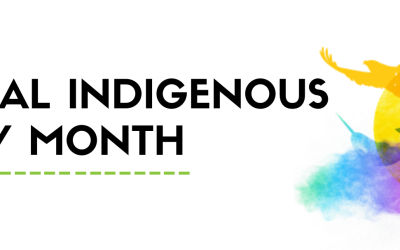Women do not get the protection they need or deserve from First Nation chiefs in Western Canada, many reserve residents conclude in a new poll.
"Our study showed that, on Prairie First Nations at least, there are troubling concerns over the status of women in reserves," study author Joseph Quesnel said.
The Winnipeg-based Frontier Centre for Public Policy released the report Defending Matrimonial Property Legislation Thursday.
"A troubling number of respondents did not believe band governments are doing all they can to combat violence against women or they are sceptical about these efforts," Quesnel said. More than two out of five respondents across the provinces said their band government was "not really" or "never" doing all it could to protect women from reserve violence.
Chiefs and councillors on First Nations hold the final word on who has a home on reserves and they award any new homes. Land is held collectively, as are band-built homes.
Under the Indian Act, men were the legal leaseholders.
"Men held the certificate of possession to the home — men were the head of the home and all that. The wife would move to the man’s reserve, so she wouldn’t have a certificate and the right to the land was held by the man," Quesnel said.
"She was at the mercy of the band council. If it was her husband’s reserve, she’s the outsider and that leaves her vulnerable."
Family violence and marriage breakdown mean women can find themselves out in the cold. Fear that children will be apprehended keeps some women silent about domestic violence.
Policing on reserves is divided between RCMP contracted by band governments and band constables who are band employees. But they may not hear all the complaints.
Similar concerns to those raised by the poll are being brought to a Commons committee holding hearings in western and northern Canada about missing and murdered aboriginal women. A Manitoba task force is investigating the disappearance and murders of more than 80 women over the last two decades.
The poll was based on face-to-face interviews with 1,000 adults on 78 First Nations in 2009 and 2010, in conjunction with an annual survey that rates the state of First Nation governance in Manitoba, Saskatchewan and Alberta.
The findings also show women feel vulnerable on reserves and have little say in decisions by chiefs and councils. Only 25 per cent of those surveyed said women are definitely involved enough in community decision-making.
"Reserve life and national aboriginal politics are largely male-dominated affairs, still," Quesnel said.
"First Nation governments across the Prairies, including Manitoba, should adopt equal matrimonial property laws immediately and support (the government’s) bill so that women on reserve have immediate federal protection."
Bill S-4 extends equal property rights on reserves to husbands and wives in divorce settlements. Two earlier versions died in the House of Commons.
First Nation governments, including provincial and national lobbies like the Assembly of Manitoba Chiefs and Assembly of First Nations, oppose the imposition of matrimonial or property laws.
Manitoba Grand Chief Ron Evans declined comment Thursday on the contentious issue.
Aboriginal political leaders have consistently held the view that imposing property and marital laws on First Nations challenges their sovereignty.
"Achieving justice for First Nation women does not have to come at the expense of self-government," Quesnel said.
alexandra.paul@freepress.mb.ca
What was asked:
Adults on 78 First Nations in Manitoba, Saskatchewan and Alberta (including 21 in Manitoba) were polled on women’s rights on reserves in 2010.
1) In the event of marital breakdown on reserve, should there be an equal division of marital assets between both spouses?
In Manitoba: a total of 292 replied:
Definitely: 53%
Perhaps: 23%
Not Really: 11%
Never: 5%
Don’t Know: 8%
2) Is the band government doing all it can to protect women from violence on the reserve?
In Manitoba 291 replied:
Definitely: 21%
Perhaps: 25%
Not really: 30%
Never: 13%
Don’t know: 11%
3) Is the band government doing enough to include women’s input in band decision-making?
In Manitoba, 287 replied:
Definitely: 25%
Perhaps: 28%
Not Really: 25%
Never: 14%
Don’t Know: 8%
Pollster Compas crunched the numbers. Prairie-wide results are accurate to within 3.5 percentage points, 19 times out of 20, but the margin is wider for Manitoba-specific results.


